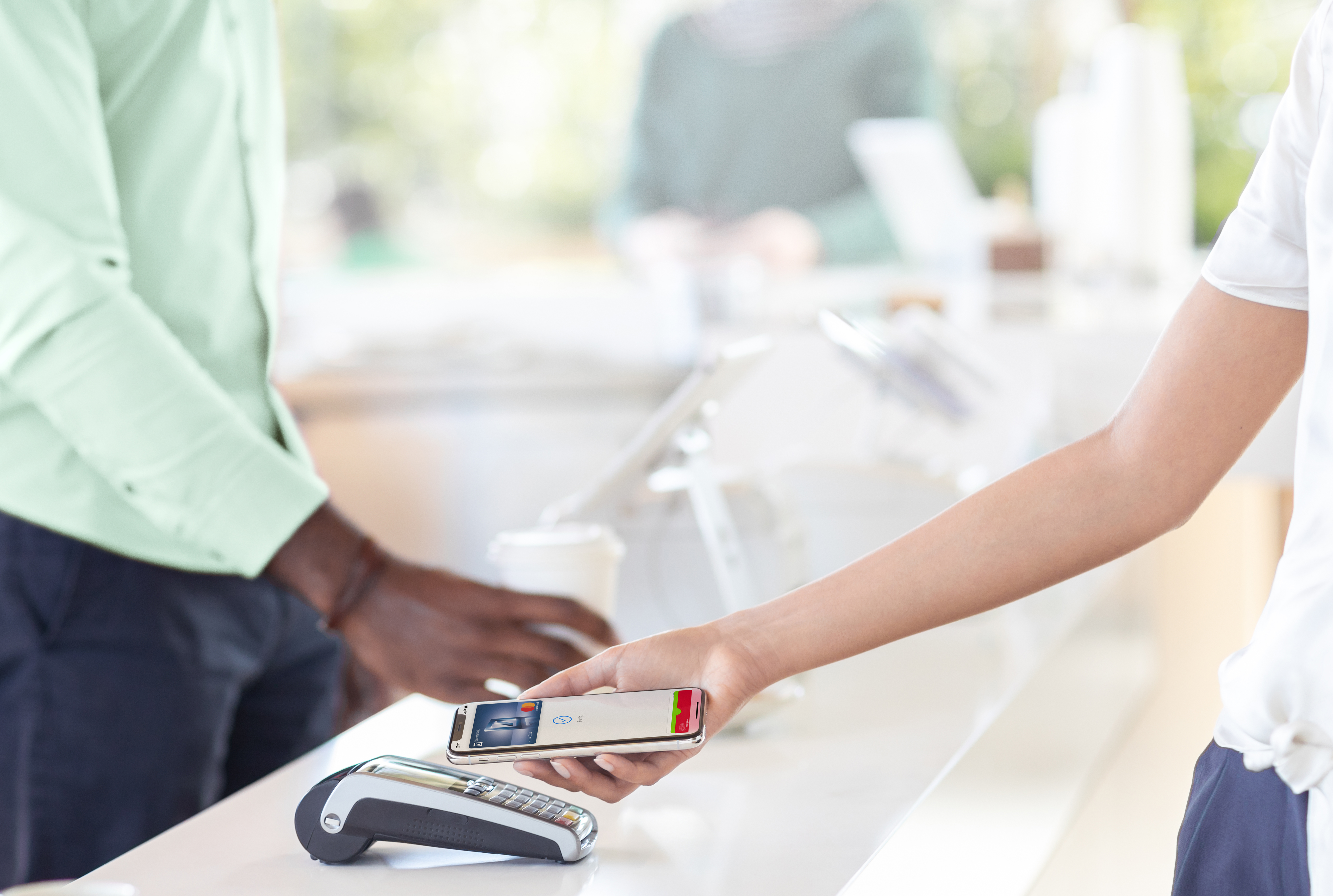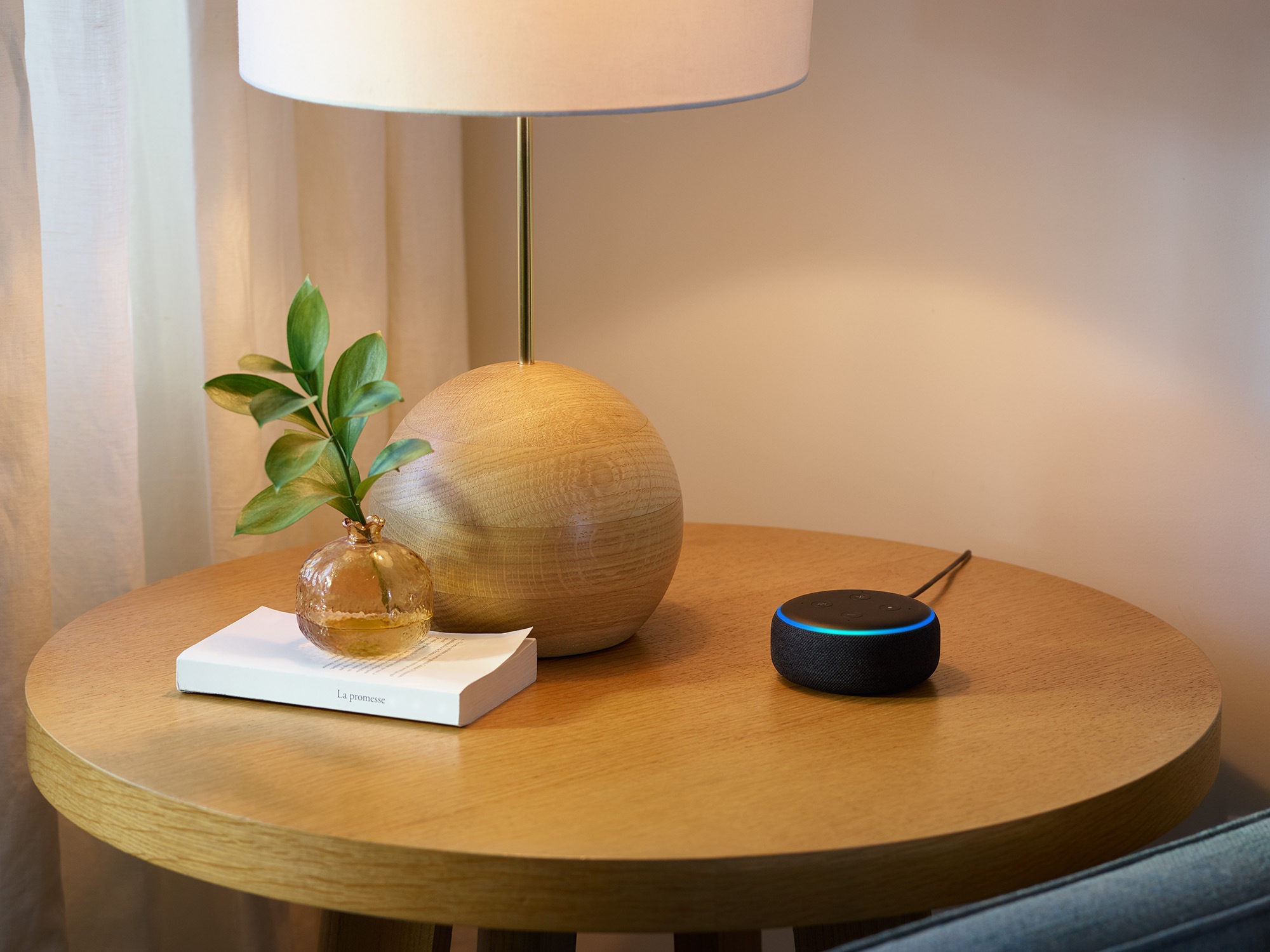For years, many third-party providers have complained about Apple's isolated NFC chip in the iPhone. Now, for the first time, the company wants to make an exception and open the interface for a specific service.
The iPhone has had an integrated NFC chip inside the device since 2014 – this has been kept under wraps until now. Many third-party providers, including banks, have already filed suit against the Cupertino company - in vain. Apple has only set up a read mode, which allows RFID labels to be scanned, but data cannot be sent. Now this is set to change due to an exceptional situation.
NFC exit thanks to Brexit
It was announced today that Apple will open the NFC chip (Near Field Communication Chip) built into the iPhone by the end of this year. According to this, Great Britain is said to have negotiated with Cupertino and been successful. The access is said to be intended for the so-called Brexit app. With the help of this application, EU citizens will in future be able to apply for permanent UK residency via their iPhone or Android smartphone.
The announcement was published by the British Home Office. According to the statement, the app for iOS is already in development. EU citizens who intend to apply for permanent UK residency simply have to have their ID card (with chip) scanned by the iPhone, then answer certain questions and prove their new place of residence in the UK - a selfie is also required to complete the application. According to the British Home Office, many discussions with Apple at the highest level were necessary to convince the company to take this step.
Is the opening of the iPhone NFC chip an exception or a change of strategy?
Now that the whole thing has become known, the question naturally arises: will Apple change its policy in this regard? Observers already believe that Apple is planning to completely open up the interface with iOS 13. Since the Brexit app will not be available in the AppStore until the end of the year, the opening can only be completed with an iOS 13 version. The original plan behind the function was Apple Pay – the feature should only be used for Apple's mobile payment service. It is conceivable that Apple will loosen the seal on the NFC interface in the long term – but it is unlikely that various banking apps will benefit from this. This would significantly reduce the security of the devices – a fact that Apple deliberately wants to avoid.
You are currently seeing a placeholder content of standard. To access the actual content, click on the button below. Please note that data will be passed on to third-party providers.





